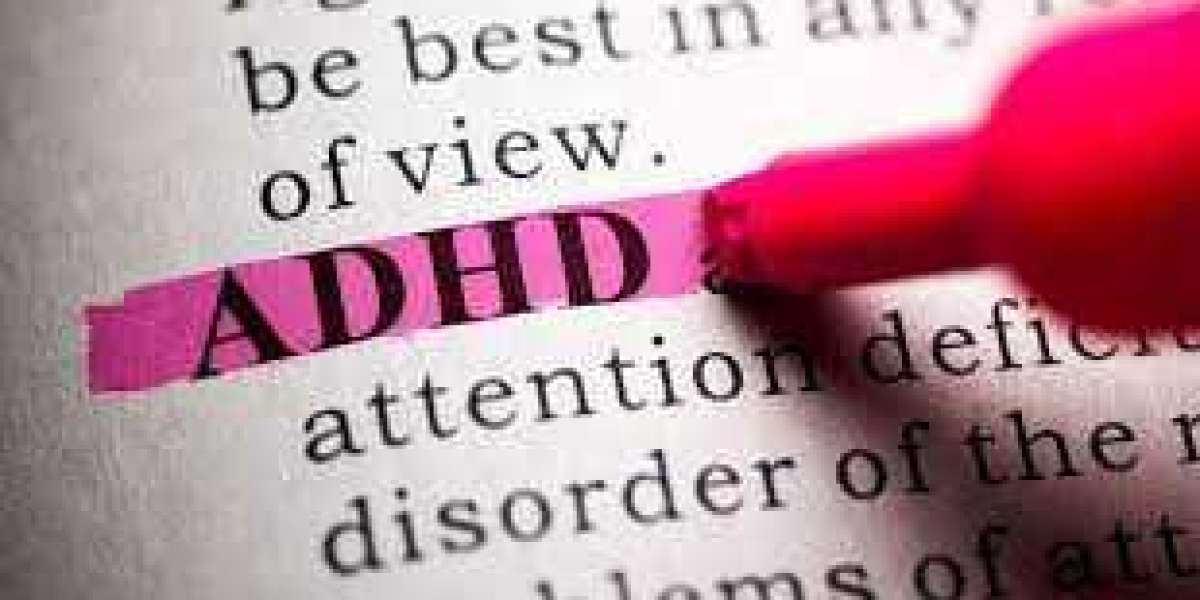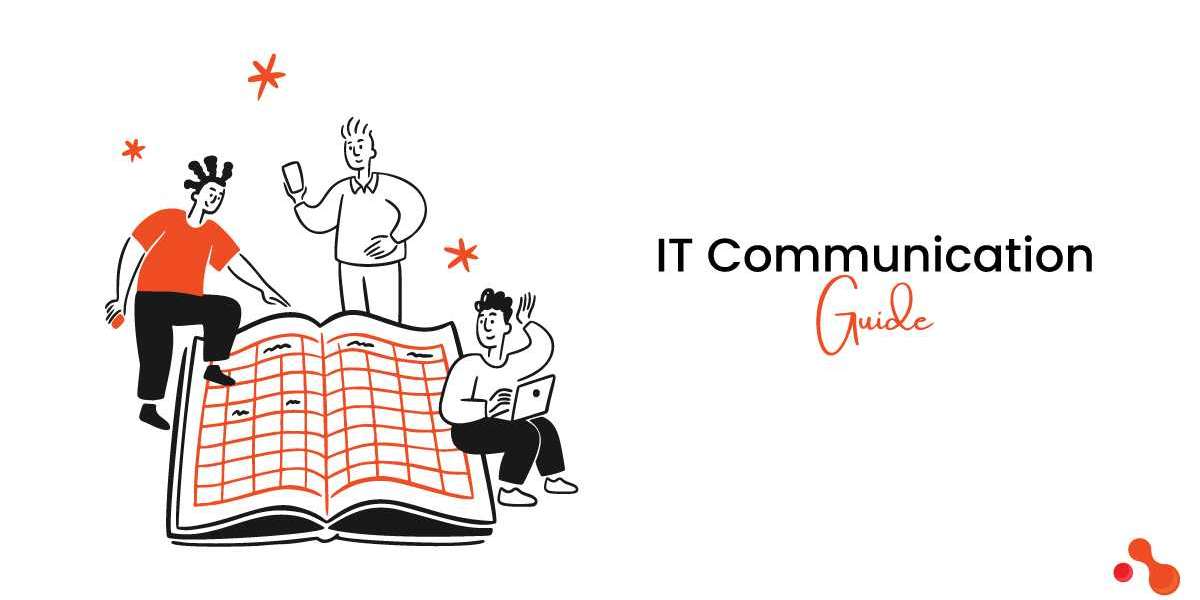What is ADHD?
I first heard the term "ADHD" at the doctor's office. My school principal was sick of seeing me every day for every behavioral issue in the book. The principle suggested that my parents take me to the doctor as soon as possible to obtain aid. "Fix her and soon" was the message I received loud and clear. I was 8. I had no idea what ADHD even meant. Neither did my parents.
What is ADHD in adults?
Being an adult with ADHD is like constantly having ten computer tabs open in your brain. I start a task then switch. Start a task, then stop. Working in a large office, with all of the discussions, buzzing, footsteps, and closing and opening of doors and drawers, simply does not work for me. Due to the difficulties I encountered in a regular work setting that was unwilling to make any accommodations for me, I pursued self-employment and have been working from home for the past few years. The disadvantage is that, in my area, networking is extremely important for job advancement. Remote networking is a serious challenge. Childhood history of ADHD, either officially diagnosed or might have been identified based on symptoms such as behavioral issues in the classroom, temper outbursts, and lack of attention. Difficulty focusing or paying attention to items of low interest, especially when such low-interest things are crucial to the person's life. Easily distracted and pulled away from the work at hand Restless and fidgety. Unable to remain still for an extended period of time.
Impulsive
Symptoms include a tendency to act first and consider later, as well as sudden mood fluctuations.
Disorganized in most aspects of life.
Starts several initiatives yet rarely completes any.
Has a "boiling point" and a "short fuse".
Has a low stress tolerance or is easily frustrated and upset.
persistently low self-esteem
More prone to addictive behaviors.
How Common is ADHD?
According to the DSM-5, which was published in 2013, demographic surveys indicate the affects of adhd approximately 5% of children and 2.5% of adults across most cultures. ADHD is more common in men than in women in the general population. In children, one female has ADHD for every two boys. Adults have a ratio of 1.6 males to one female. According to 2001-2003 diagnostic interview data from the National Comorbidity Survey Replication (NCS-R), the overall prevalence of ADHD among U.S. people aged 18 to 44 years old is 4.4%. Adult ADHD was more prevalent in men (5.4%) than in women (3.2%).
Causes of ADHD
My parents do not suffer from ADHD, but my sister has had it since I can remember. My sister is still struggling with focus today. Growing up, my sister was a constant friend, especially when I felt trapped by my busy body. My sister's bustling body moving carefree across the world made me feel less alone and more hopeful. Today, my sister understands when I switch topics too quickly, only listen half of the time while watching TV or movies, or leave a house project half-finished. She understands since that part of me is a part of her as well.
How to Treat ADHD Naturally and Without Medications
After learning of my ADHD diagnosis, my doctor's only prescription was to begin stimulant medication immediately. My parents acted hastily out of fear that I might not complete school. Throughout my childhood and adolescence, I experimented with several stimulant drugs. I understand that they work for some folks, which is excellent. I did not feel like "me" while taking them. I recall being given medications during school hours. I'd strive to keep the drugs because I didn't want them to change me. I didn't want to transform myself to become a better, more acceptable version of myself. I didn't want to change myself to be more socially acceptable; all I wanted was for society to accept me as I was. As an adult and a mother of a small child who I believe will struggle with ADHD, I am researching ways to cure ADHD without medication. I'm not sure what adult ADHD treatment without medication looks like. But if it's out there, I'd like to know more.According to "The Complete Adult Psychotherapy Treatment Planner," there are numerous therapeutic techniques to treating ADHD in adults without the use of medication. Therapeutic methods without drugs may includeIncrease understanding about ADHD and its management. Educate the patient on the signs and symptoms of ADHD.
Discuss how ADHD symptoms might result in impulsivity, poor planning, distractibility, and possibly procrastination. Learn and use organizational and planning strategies. Identify challenges, brainstorm potential solutions, weigh the pros and cons of each, devise a plan of action, and assess outcomes.Identify, challenge, and modify self-talk that leads to negative (unhelpful) attitudes and actions. Use cognitive therapy strategies to assist the patient in recognizing maladaptive self-talk, such as "I must do this perfectly" and "I can't organize all these things." Teach relaxation techniques like deep breathing, meditation, and guided imagery. The purpose of relaxation techniques is to relieve stress and bodily restlessness. Participate in an ADHD support group. Participating in a support group may improve understanding of ADHD, promote self-esteem, and provide an opportunity to receive feedback from others. The long-term goal of ADHD treatment for adults is to reduce impulsive behavior, increase concentration and focus on low-interest activities, minimize ADHD behavioral interference in daily life, maintain attention and concentration for consistently longer periods of time, and achieve a satisfactory level of balance, structure, and intimacy in personal life. According to an abnormal psychology textbook, cognitive behavioral therapy can assist adults with ADHD minimize distraction and enhance organizational skills. Short-term therapeutic aims may include lowering hyperactivity and impulsivity. Long-term treatment aims may include avoiding and reversing academic or professional degradation, as well as strengthening social skills.






